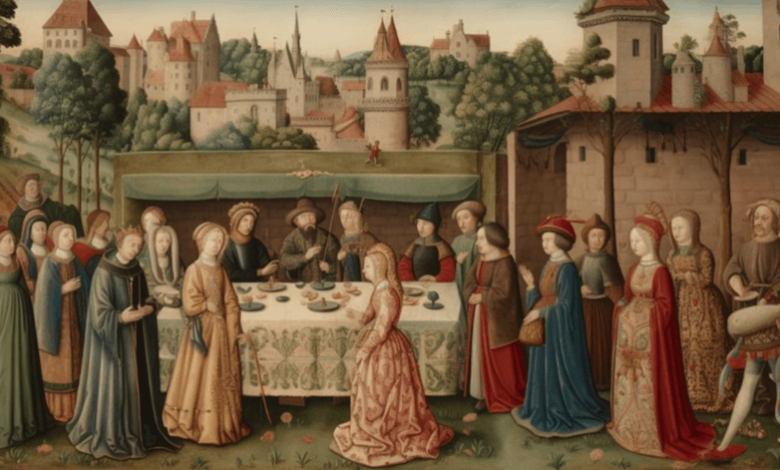A Medieval Lord Also Performed the Duties of a Modern

A Medieval Lord Also Performed the Duties of a Modern may initially appear to be a relic of a bygone era, yet a closer examination reveals striking parallels to the responsibilities of modern leaders. Lords were not merely landowners; they were pivotal figures in governance, legal adjudication, and economic management, ensuring the welfare of their communities. This multifaceted role included engaging with the populace to foster trust, reminiscent of contemporary public relations strategies. As we explore the intricate dynamics of these responsibilities, one might wonder how these historical practices continue to influence today’s leadership models.
Leadership and Governance
Leadership and governance in the medieval period were pivotal to the functioning of feudal society, establishing the framework within which lords exercised authority over their domains.
The feudal hierarchy mandated noble obligations that defined vassal relations and reinforced social order. Effective land stewardship ensured agricultural productivity, while military command was essential for defense, illustrating the multifaceted responsibilities of lords in maintaining stability and continuity within their realms.
Legal Responsibilities
Upholding justice within their territories, medieval lords bore significant legal responsibilities that were integral to the governance of their lands.
They adjudicated court decisions, resolving grievances and ensuring fair treatment among vassals and peasants.
Particularly in land disputes, lords wielded authority to mediate conflicts, reinforcing their power while striving to maintain order and stability, which were essential for societal cohesion.
Read More Aesthetic:845ksmqrr10= Cherry Blossom
Economic Management
Medieval lords played a crucial role in the economic management of their estates, acting as both landowners and overseers of agricultural production.
Their responsibilities included resource allocation, implementing effective taxation strategies, and enhancing agricultural productivity.
Community Engagement
Amidst the complexities of feudal society, community engagement was a vital duty for lords, serving as a bridge between the nobility and the peasantry.
Through proactive community outreach and local involvement, lords exercised social responsibility, fostering goodwill and trust.
This engagement functioned as a form of public relations, ensuring stability within their domains and promoting collaborative relationships that ultimately benefited both classes.
Conclusion
In conclusion, the A Medieval Lord Also Performed the Duties of a Modern closely parallel those of modern leaders, highlighting the enduring principles of governance, justice, and community welfare. For instance, the case of Lord William of Sussex in the 12th century demonstrates effective resource management and dispute resolution, fostering agricultural productivity and social cohesion. This historical example underscores the timeless nature of leadership responsibilities, illustrating how effective governance remains crucial to the prosperity and stability of any society, irrespective of the era.







